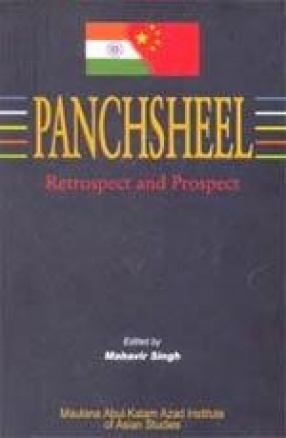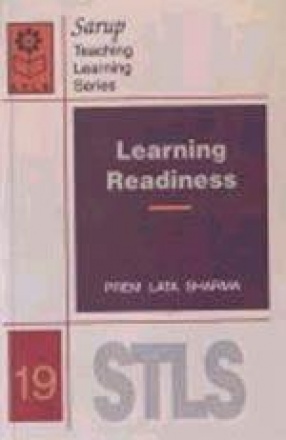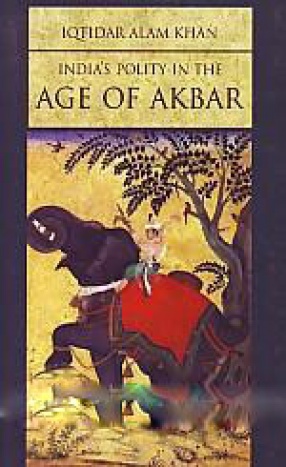In all the countries of the world and specially in the developing countries a concern is being expressed about the viability of their administrative systems in relation to their capability of confronting the changes in the domestic and international environments and to find appropriate solutions for their resolution. The turbulent environment, if it has to be managed effectively, needs a concerted effort on the part of policy makers, planners, civil servants, industrialists, academicians and scientists. The global economic and environmental crises have forced governments to look afresh at their administrative systems, their weaknesses and strengths in order to reform and reorient them to deal with these issues in an effective, efficient and holistic manner. In India too, we are faced with the monumental tasks of rebuilding and restructuring the administrative systems both at the central and the state levels. Since independence many committees and commissions have been constituted by central and state governments to suggest reforms in administration to make it a fit instrument of achieving economic, social and political goals enshrined in the constitution. This memorial volume in honour of late Professor K.D. Trivedi, Professor in the Department of Public Administration, Rajasthan University, Jaipur (1965-1995), attempts to look at the various issues that have been the bane of Indian administration in order to analyse and offer suggestions and solutions to improve its efficiency and effectiveness. The various distinguished scholars have in their sweep touched upon the important issues like how to (a) improve work culture in the government (b) perceptions about bureaucratic culture, (c) promoting ethical behaviour among administrators in India, (d) issues relating to training of State Civil Service, (e) reforms in personnel management in the government in the context of recruitment patterns, (f) case study of Civil Service in Uttar Pradesh, (g) the relationship between the Commissioner and the Municipal Corporation (h) the impact of liberalisation on rural development administration, (i) the provision of basic minimum services and the people’s participation. Besides hitherto unknown aspect of Subhas Chandra Bose’s contribution to Public Administration and theoretical overview of development administration in the Third World with implications for India have also been enumerated. These issues, varied as they are, in terms of their content and suggestions, have all along plagued the functioning of India’s administrative system and the reforms suggested by this group of scholars, it is hoped, will help in further discussion and debate as well as improve its efficiency and effectiveness.

Indian Administration: Issues and Options
In stock
Free & Quick Delivery Worldwide
reviews
Bibliographic information
Title
Indian Administration: Issues and Options
Author
Edition
1st ed.
Publisher
ISBN
8175941219
Length
xvi+192p.
Subjects





There are no reviews yet.